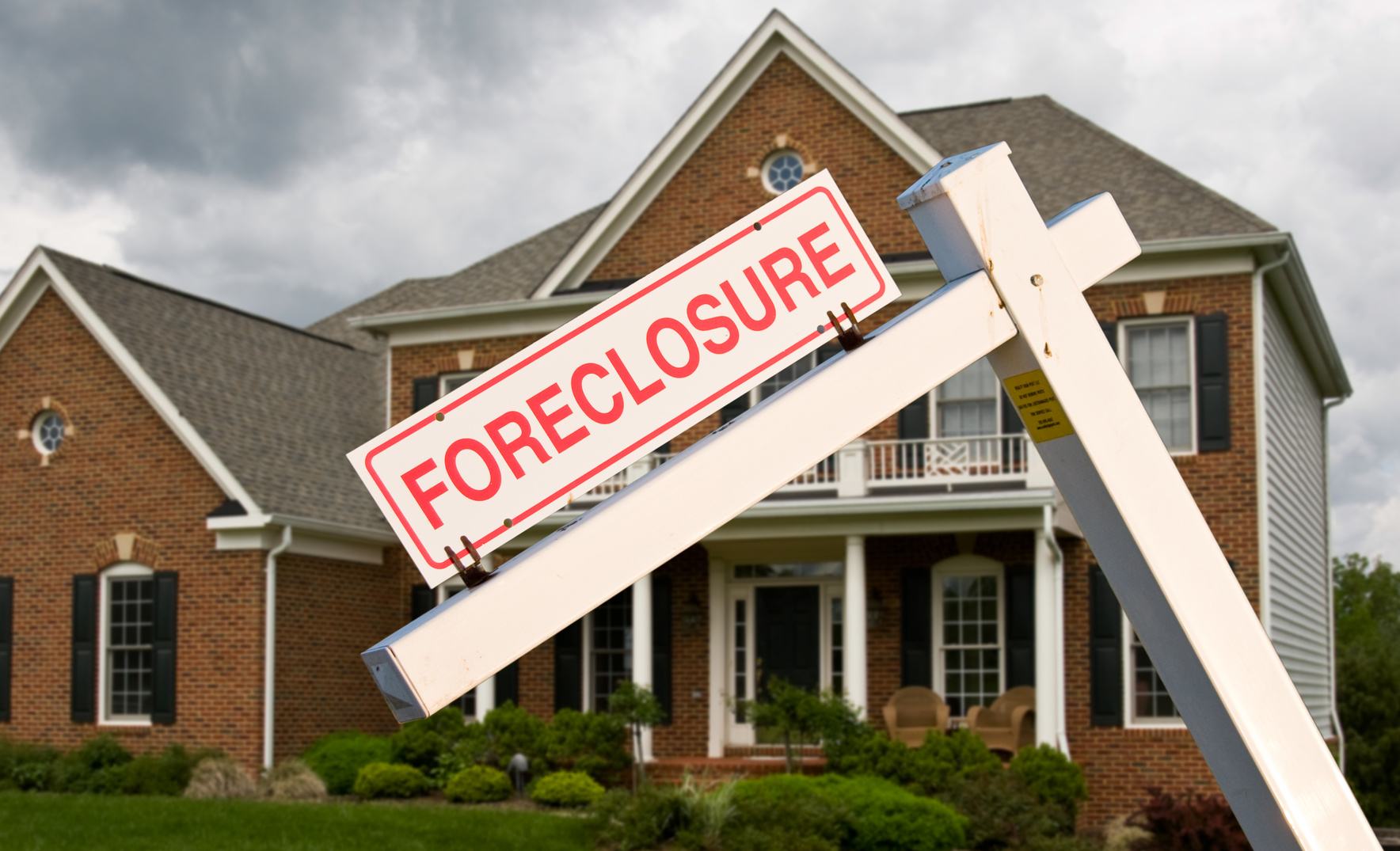Filing for bankruptcy in order to save your home from foreclosure may sound too good to be true – but it’s not! Bankruptcy cannot only stop foreclosure threats, but end debt collector harassment, allowing borrowers extra time to make up for the missed payments and review their financial situation. For some situations, filing for bankruptcies can also help those who have mortgages save their homes completely.
What to Keep in Mind Before Filing for Bankruptcy

Filing for bankruptcy can prevent a home foreclosure but it is not the solution to all problems. Be sure to check out these conditions.
Just because bankruptcy can save homeowners from foreclosure, it is not the solution to all problems. The exception is that if the homeowner does not have enough money to make the payments, bankruptcy will not save them.
But for homeowners that have ongoing income and are able to make payments, filing bankruptcy would be an ideal solution.
Preventing Foreclosure
After filing bankruptcy, the first and most important step is to put the foreclosure process to a halt. Legally, lenders are not able to foreclose or even try to collect the debt from the borrower without the permission from the court.
Two Types of Bankruptcy
There are multiple chapters of bankruptcy, but Chapter 7 and 13 are among the most common.
Chapter 7. This type will delay the foreclosure process, but not prevent it. In most cases, most assets will be liquidated and almost always ends in the owner losing their home.
Despite this downside, some bankruptcy attorneys recommend Chapter 7 because it gets rid of all unsecured debt, leaving behind secured debt, such as mortgages. This allows homeowners to start with a clean slate, so they can then afford to pay other debts.
Chapter 13. Preferred by many professionals, this type of bankruptcy is more effective when it comes to allowing borrowers to keep their homes. They are given more time to review and fix their financial situation, around 3 – 5 years, while given an income-based budget to make monthly payments to trustees.
The trustees then use the money to pay bills, starting with the secured debt, then the unsecured debt, including credit cards and medical bills. But after this, there’s little to no cash left, so they are paid off at a low percentage of the full rate.
But as long as they keep up on their payments, borrowers are able to come back from bankruptcy and still keep their homes.
The Powers of the Courts
While the courts have significant power, they are not allowed to reduce the mortgage debt to the net worth of the home. They are also not able to lower interest rates or lengthen the term of the mortgage.
On the other hand, they can remove second mortgages, such as lines of credit or home equity loans, as long as the net worth of the home falls below the first mortgage balances.
For borrowers, this is a big relief. For example, a homeowner may have $300,000 balance on the first mortgage and $75,000 from the home equity loan. During the time that the homeowner was unable to make payments, the home’s value dropped below $300,000, the court may rule that the $75,000 is unsecured debt. This allows the home equity loan to be paid off at a significantly lower rate than the original $75,000.
Keep in mind there are other downsides. Filing for bankruptcy can knock off as much as 240 points from a credit score. They can also stay on the reports for 10 years, while other problems disappear after 7 years or less.
Tax Advantage During Bankruptcy
Yet another pro of filing for bankruptcy compared to undergoing foreclosure. If the home is foreclosed and the lender forgives the remaining balance of the mortgage above the market value, there is a tax liability. If there is a difference between what borrowers borrow and what they pay, it is considered income in the eyes of the court.
Although Congress is temporarily allowing this unpaid debt to be forgiven, this is only for the money that was specifically spent on the home; it doesn’t not cover any additions, remodeling, or improvements.
Free Money is Still Taxable
It’s common for homeowners to refinance mortgages and take out additional home equity loans to pay for other things, like college tuition, fancy vacations, and nice cars. But the kicker is that the money is still taxable.
In the case of foreclosures, say if a homeowner had purchased a home for $1 million but had taken out another loan for $2 million, most of which is not spent on the house, the money is taxable. But if the homeowner files for bankruptcy right afterwards, the deficiency is discharged. That’s the key.
Filing for Bankruptcy
While not for everyone, filing for bankruptcy has saved many American homeowners from losing their homes. As it provides them with a “fresh start,” they are able to focus their payments strictly on their mortgages.
But before filing, it is crucial to meet with a bankruptcy attorney to ensure that this is the best option for you. The last thing you will want to do is file and find out that you still have to undergo the foreclosure.
Simply meeting with an experienced bankruptcy attorney can provide a lot of relief to your situation. They can review your documents and options while discussing the best plan of action according to your specific situation.
When it comes to providing tailored solutions, the bankruptcy attorneys at Berry K. Tucker & Associates, Ltd. not only have years of experience, but have worked with
diverse cases. When meeting during the initial consultation, we will listen closely to each detail while applying our knowledge of updated laws in order to reach a solution that works in your best interest.
Schedule Your Consultation
For more about filing bankruptcy or determining whether it is the best option for you, contact the bankruptcy attorneys at Berry K. Tucker & Associates, Ltd. at (708) 425-9530 to schedule your initial consultation. We proudly serve the residents Oak Lawn, IL and the surrounding areas.




